If you’re wondering how to boil potatoes perfectly every time, you’ve come to the right place! Whether you have waxy or starchy varieties, our quick and easy step-by-step guide ensures you never end up with mealy, waterlogged potatoes again. From mashed potatoes to potato salads, you’ll be ready to create the most delicious dishes once you master this essential cooking skill!
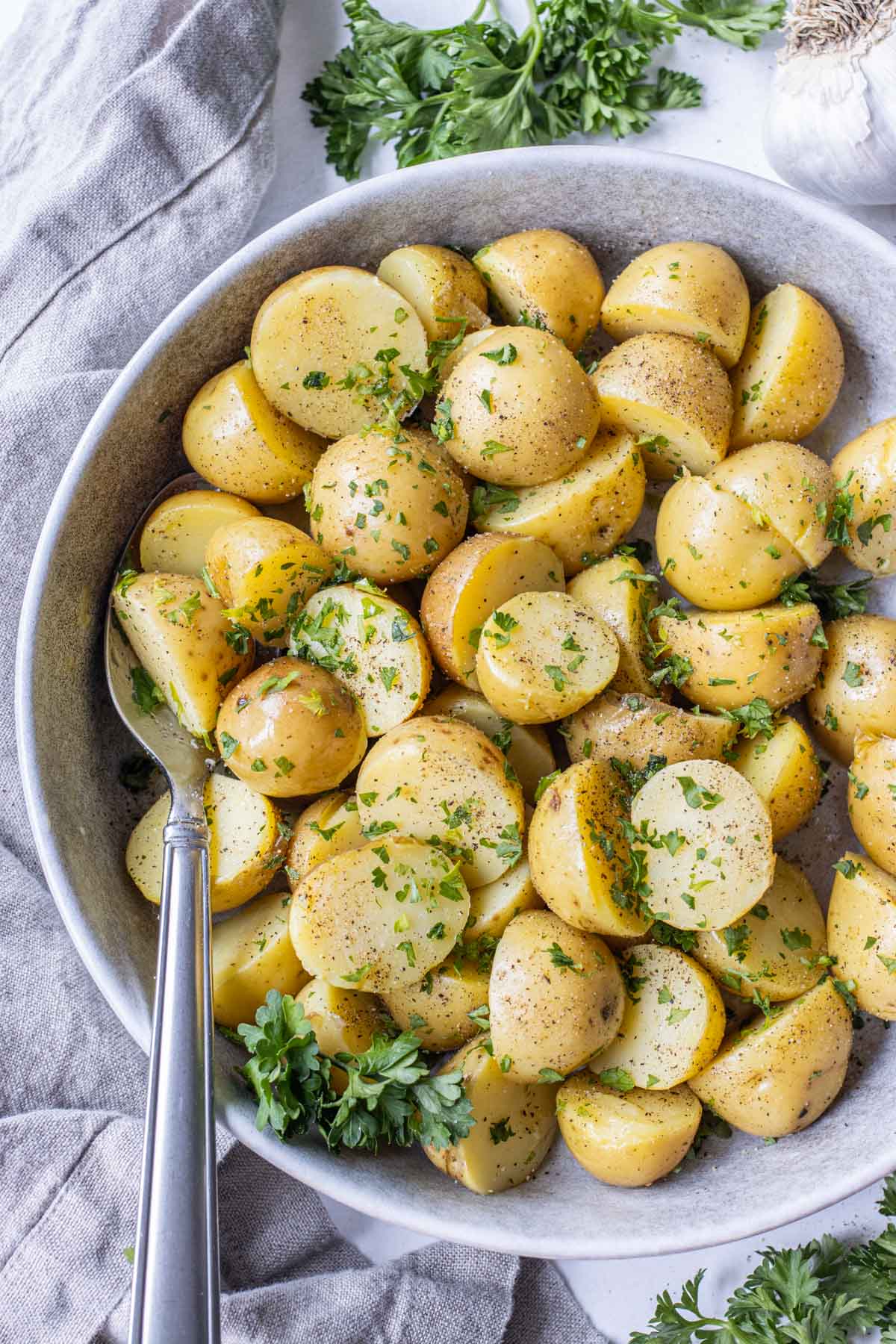
Table of Contents
Here in the South, potatoes are an absolute staple. Whether I’m creaming them into classic mashed potatoes, tossing them into a delicious potato salad, or getting fancy with Duchess Potatoes or smashed potatoes, I can confidently say I’ve never met a potato recipe I didn’t absolutely love!
Many might think boiling potatoes is dull and mundane, but I believe it’s a crucial step to ensuring your finished potato dish (or simple side of boiled potatoes!) has the perfect texture and flavor. I’ll dive into the details, but here are my top tips for getting perfectly cooked, fluffy potatoes that are never waterlogged or mealy.
My Top Tips for Perfect Boiled Potatoes
- Boiling waxy potatoes differs from boiling starchy ones. Waxy potatoes can be peeled before boiling, while starchy varieties tend to get waterlogged if peeled prior to boiling.
- Choose potatoes of similar size to ensure even cooking. Whether you’re boiling them whole or cut into cubes, uniform size is key for consistent results.
- Start with cold water. Beginning with potatoes and water at the same temperature helps you avoid mealy and unevenly cooked spuds.
- Don’t forget to add salt. Salting the water enhances the flavor of the potatoes as they cook.
(Learn how to boil sweet potatoes if you prefer their oranger cousin!)
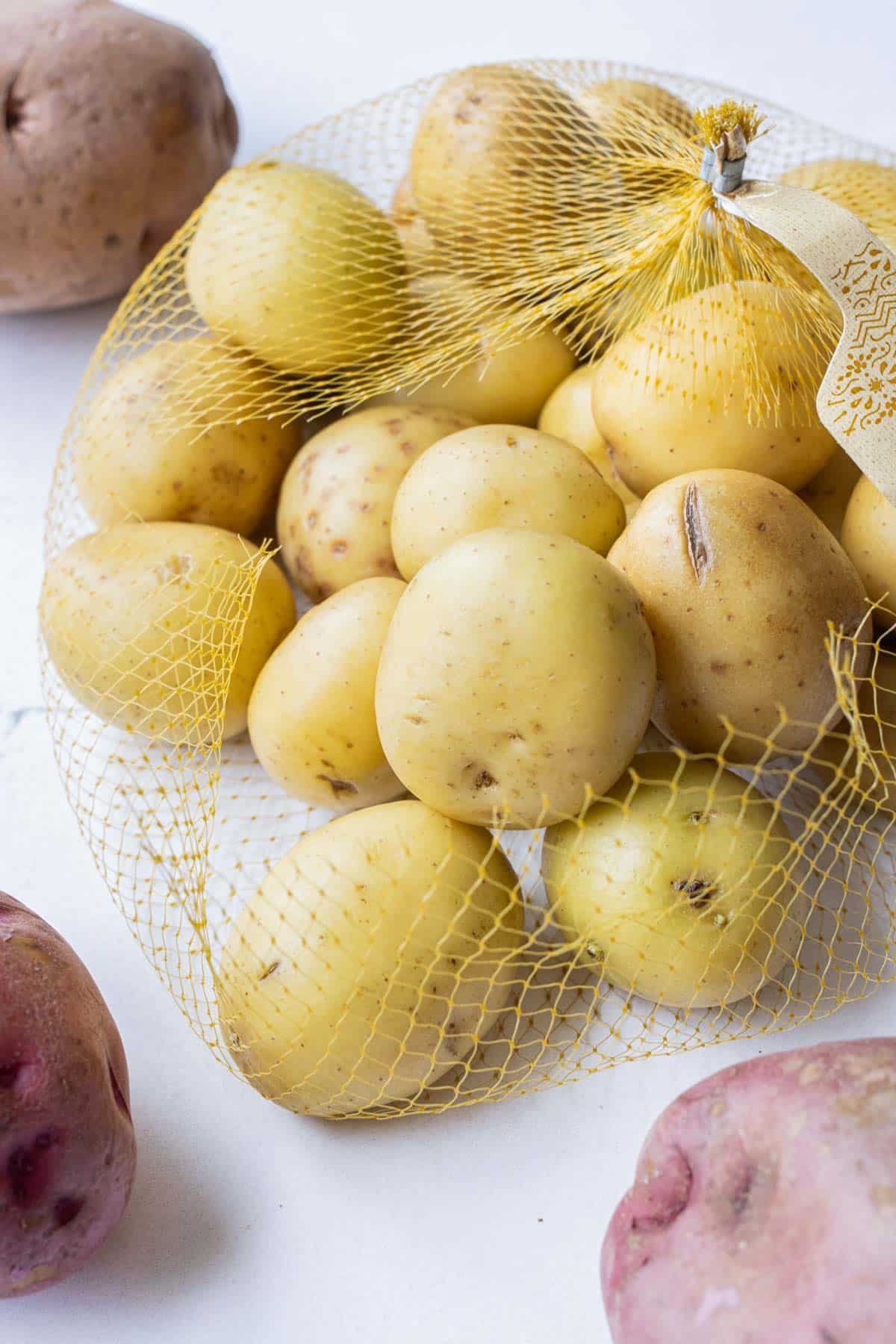
Selecting Potatoes
Before you get to boiling, you need to make sure you choose the best potato. Here are a few key things to look for:
- Check the color. Choose potatoes with a nice brown, yellow, or red hue, and steer clear of any that are turning green. Also, make sure there are no bruises or soft spots.
- Avoid sprouts. Opt for potatoes that are free of any sprouts to ensure freshness.
- Similar size. If you’re boiling the potatoes whole, pick ones that are similar in size so they cook evenly.
How to Boil Potatoes
Below you’ll find the simple step-by-step directions for boiling potatoes. Please see the recipe card for printable instructions.
1. Prepare the potatoes.
Since potatoes grow underground they can be very dirty. You’ll want to first wash the potatoes to remove any visible dirt and debris. Use a designated vegetable brush to scrub into all of the nooks and crannies.
If Peeling Potatoes: Use a vegetable peeler or paring knife to remove the skin from the potatoes if desired. You can also leave the skin on, as it will easily come off once cooked.
If Cutting into Cubes: Cut potatoes into large 2-inch chunks. This is about the size you get when quartering medium-sized potatoes such as Yukon gold and red varieties. Doing this will help them cook faster.
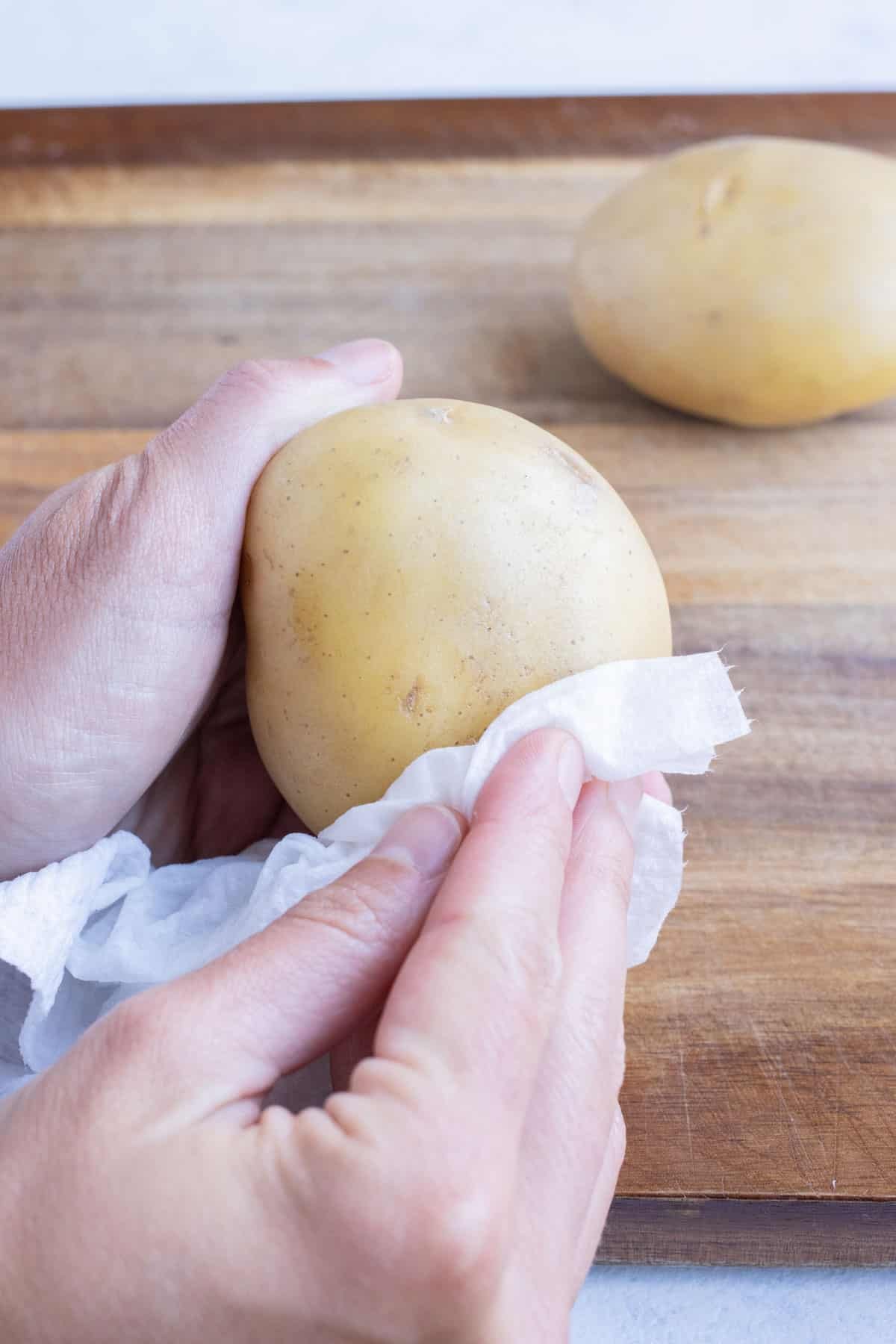
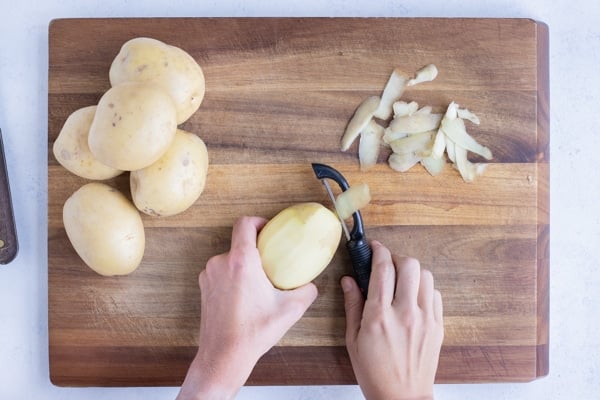
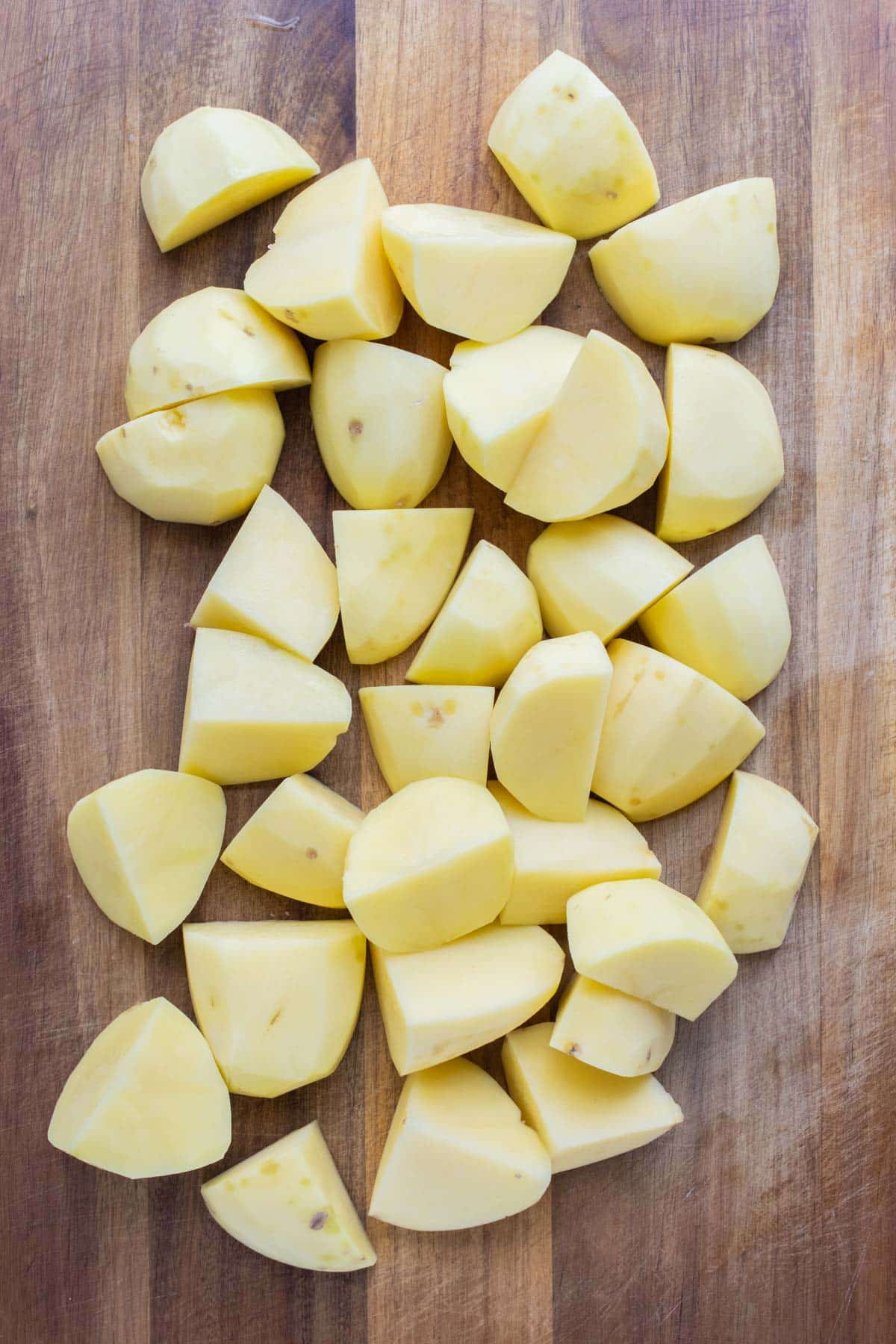
2. Boil potatoes in pot of salted water.
Place potatoes in a large pot or Dutch oven and cover with enough water so they’re covered by at least 1 inch. Add a teaspoon of salt for every pound of potatoes and bring to a boil. (Placing potatoes into cold water will ensure the outside does not cook faster than the inside.)
Once boiling, reduce the heat to medium heat and keep a rapid simmer. Boil cubed potatoes for 10 to 12 minutes, small whole potatoes for 15-20 minutes, and medium-large whole potatoes for 20-30 minutes.*
You’ll know they’re done when the center pierces easily with a fork. If you have larger potatoes, you may need to insert a knife to check the middle. Avoid over cooking them as you’ll end up with mushy potatoes!
3. Drain and Serve
If boiling cubed potatoes, drain in a colander in the sink or remove from the pot using a slotted spoon.
Serve with butter or olive oil, fresh herbs, and a sprinkle of salt, or turn into mashed potatoes, Shepherd’s Pie, or Duchess potatoes.


How to Boil Starchy Potatoes
Starchy potatoes, like Russets and Idahos, are my go-to for making the creamiest mashed potatoes. The trick with these spuds is to keep the skin on while boiling to minimize water absorption and prevent them from getting waterlogged.
My big tip: Choose smaller potatoes, no more than half a pound each, and make sure they’re all about the same size for even cooking.
If you need to boil them peeled, add them to simmering (not boiling) water to prevent them from releasing too much starch and sticking together. After boiling, I like to spread them out on a sheet pan so any absorbed water can evaporate.
Remember, keeping the skin on while boiling is key to perfectly boiled starchy potatoes!
Storage and Reheating
- Refrigerator. Allow boiled potatoes to come to room temperature before storing in an airtight container in the refrigerator for up to 3 days.
- Freezer. Seal cooked and cooled potatoes in a freezer-safe airtight container and freeze for up to 3 months.
- To reheat on the stovetop: Place the boiled potatoes in a saucepan with a splash of water or broth to prevent them from drying out. Cover the pan and heat over low to medium heat, stirring occasionally, until they are warmed through.
- To reheat in the microwave: Put the potatoes in a microwave-safe dish and add a tablespoon of water. Cover with a microwave-safe lid or plastic wrap with a small vent. Heat on high for 1-2 minutes, checking and stirring halfway through until they are evenly heated.
- To reheat in the oven: Preheat your oven to 350°F (175°C). Place the potatoes on a baking sheet, drizzle with a little olive oil or butter, and cover with aluminum foil. (This helps to trap the moisture in and prevent them from drying out!) Bake for about 15-20 minutes or until heated through.
FAQs
It is not necessary to peel potatoes before boiling. Once they are cooked the skin will come off easily.
Yes! Boiling potatoes is a healthy way to prepare them since you are not adding any oil. Potatoes offer nutritious vitamins and minerals as well as fiber and protein.
You can cover the potatoes while they are cooking but you don’t have to.
Yes. If you place potatoes in already boiling water the outsides will cook first resulting in unevenly cooked potatoes that are more likely to break down.
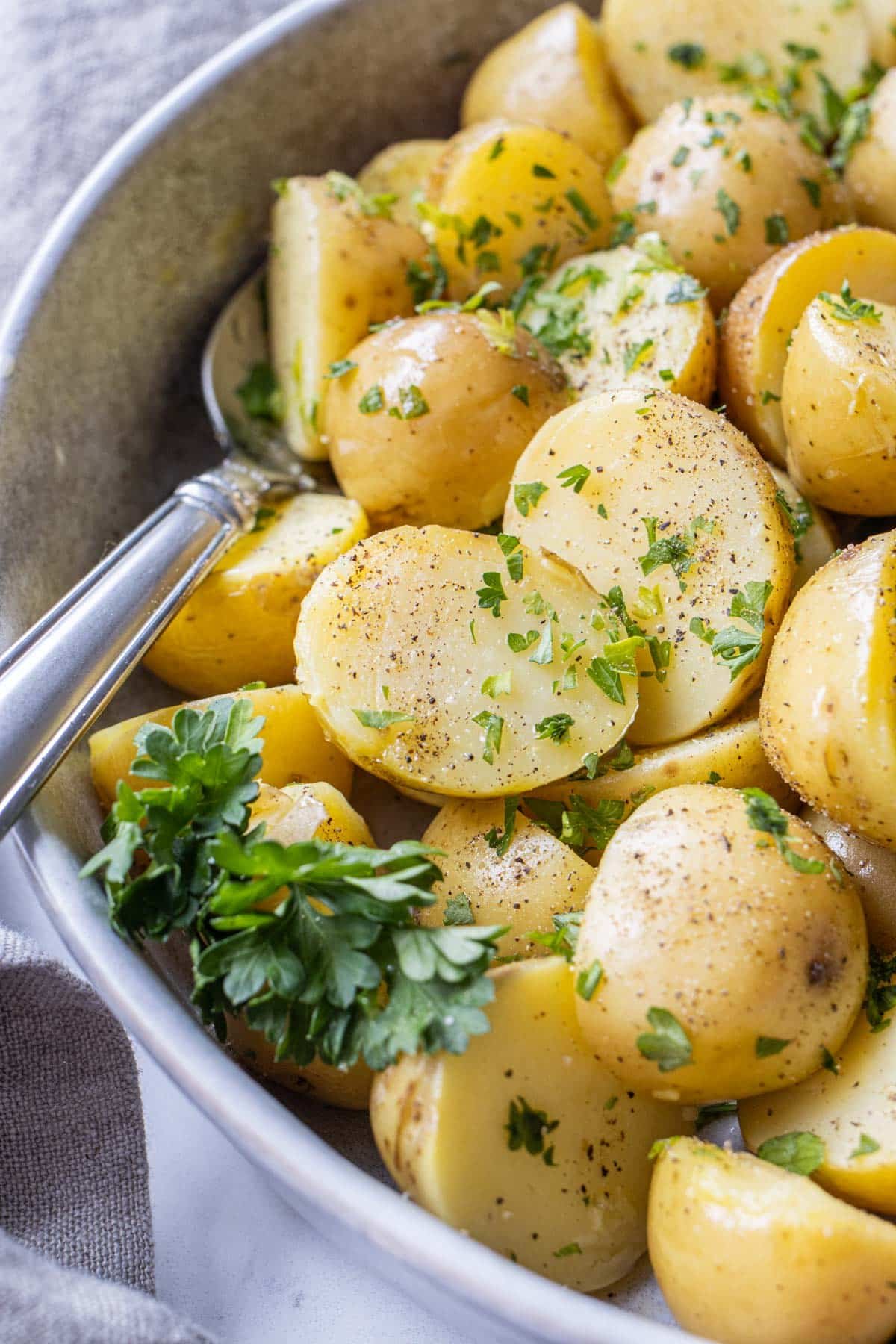

More Potato Recipes
Haven’t gotten enough of this tasty spud? Try out these other healthy potato recipes:
Easy Homemade Scalloped Potatoes
Instant Pot Garlic Mashed Potatoes
Loaded Hasselback Potatoes Recipe
Parmesan Roasted Yukon Gold Potatoes
Other Boiled Vegetable Guides
Don’t want to stop at just potatoes? Learn how to boil beets, tips on boiling carrots, and the best boiled green beans recipe!
Tap stars to rate!
How to Boil Potatoes

email this recipe!
Ingredients
- 1 lb. potatoes scrubbed and peeled, if desired*
- 1 tsp. salt
Instructions
- If chopping, cut larger potatoes into 1 to 2-inch pieces.1 lb. potatoes, 1 tsp. salt
- Add potatoes and salt to a large pot and cover with 1 inch of water. Bring to a boil and then reduce the heat to medium, keeping a rapid simmer.
- Cook cubed potatoes for 10 to 15 minutes, smaller whole potatoes for 15-20 minutes, and larger whole potatoes for 25-30 minutes. You’ll know the potatoes are done when they pierce easily with a fork. Remove from pot with a slotted spoon or drain excess water in a colander.
Tap stars to rate!
Video
Notes
- Boiling waxy potatoes differs from boiling starchy ones. Waxy potatoes can be peeled before boiling, while starchy varieties tend to get waterlogged if peeled prior to boiling.
- Choose potatoes of similar size to ensure even cooking. Whether you’re boiling them whole or cut into cubes, uniform size is key for consistent results.
- Start with cold water. Beginning with potatoes and water at the same temperature helps you avoid mealy and unevenly cooked spuds.
- Don’t forget to add salt. Salting the water enhances the flavor of the potatoes as they cook.
- Refrigerator. Allow boiled potatoes to come to room temperature before storing in an airtight container in the refrigerator for up to 3 days.
- Freezer. Seal cooked and cooled potatoes in a freezer-safe airtight container and freeze for up to 3 months.
Nutrition
Nutrition information is automatically calculated, so should only be used as an approximation.
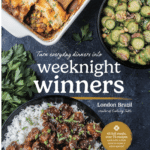

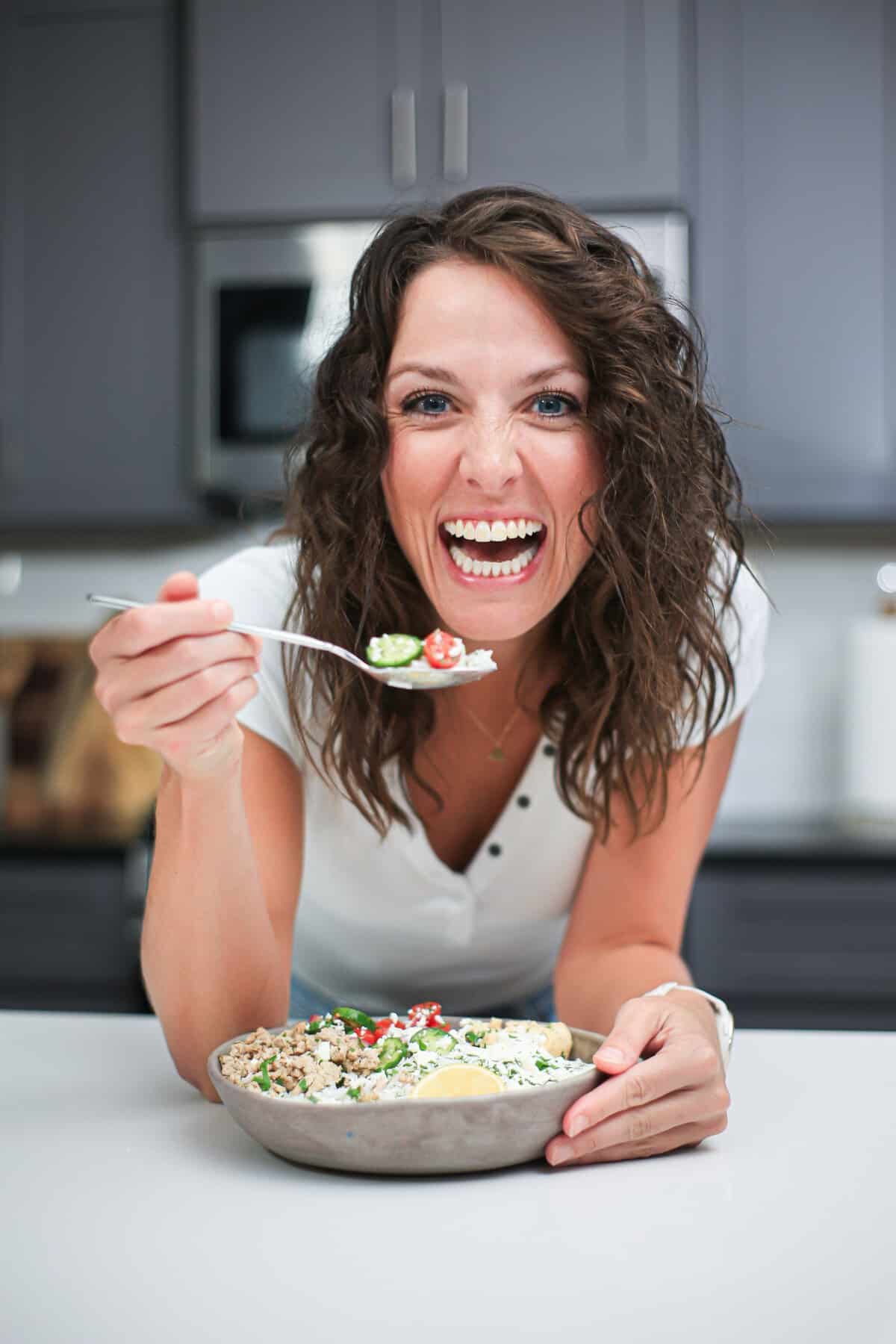
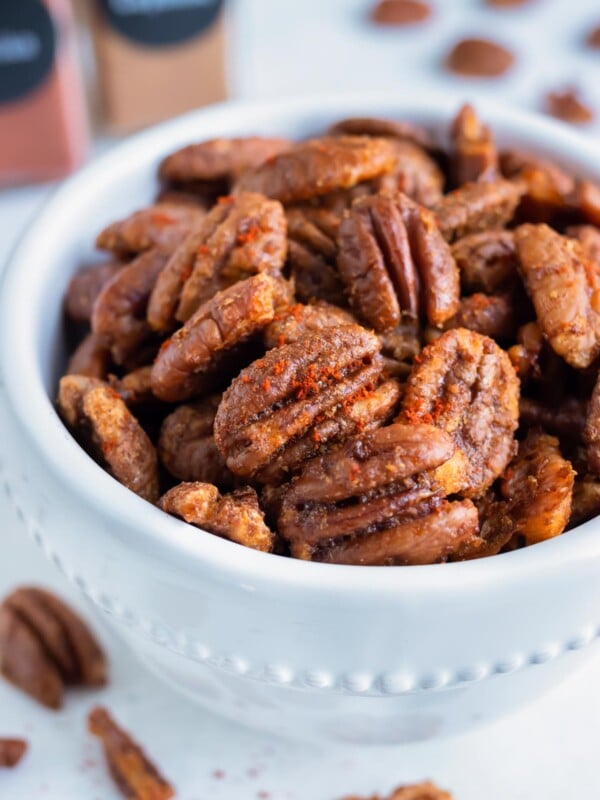
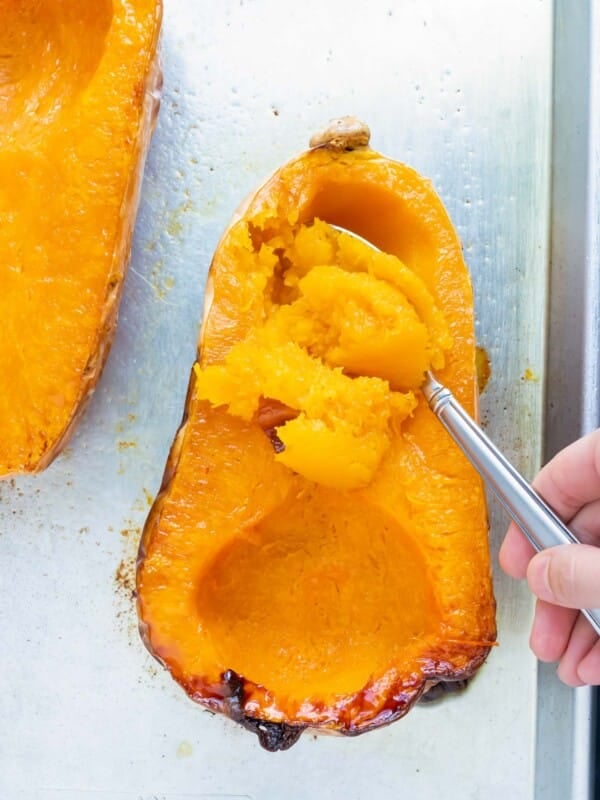
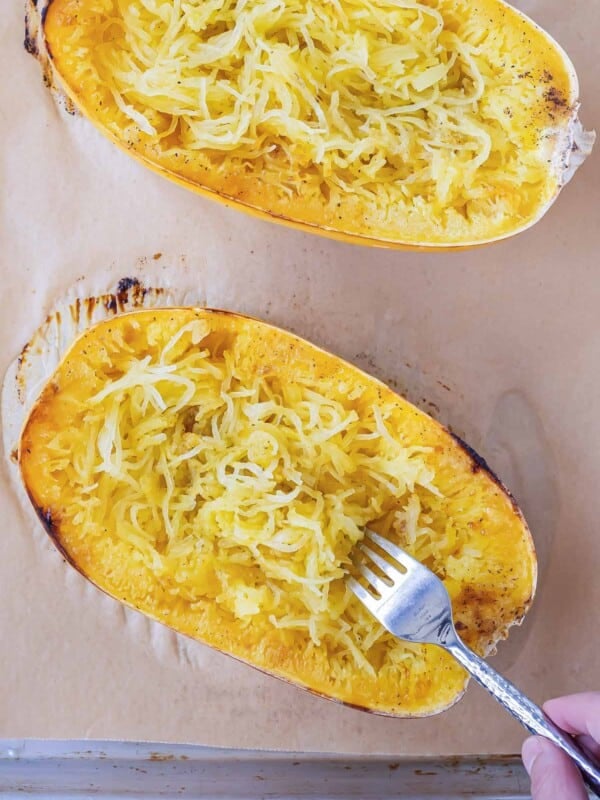
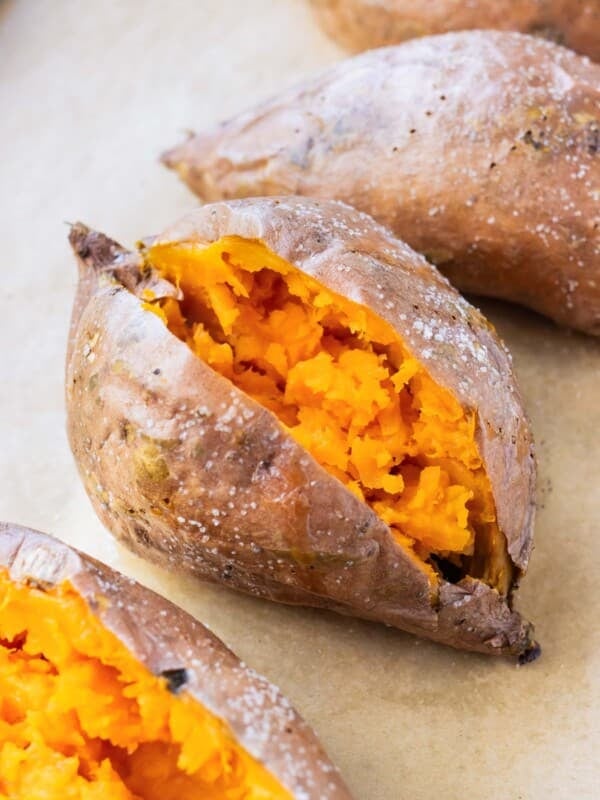









Thanks for the information conplete & easy to understand.
Yay! So happy to hear you enjoyed the recipe, Karen! Thanks so much for taking the time to leave a comment and rating!